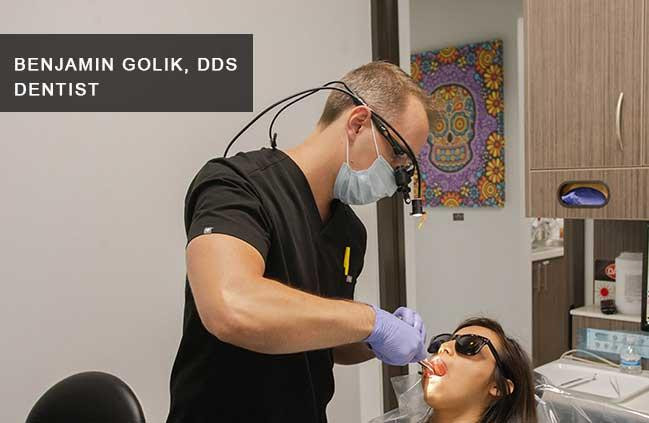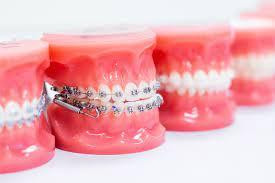Wisdom teeth are molars, the toughest, widest teeth that help grind food. But when the wisdom teeth don’t erupt properly from the gums, they are referred to as impacted wisdom teeth.
These teeth erupt much later and last when compared to all other teeth. They are four in numbers two at the top and two at the bottom corners, also known as third molars. They are usually noticed between the age of eighteen and twenty-four.
The impacted wisdom teeth remain associated with the gums usually. The reason may be the overcrowding. Normally, they don’t cause any severe problem but when mesioangular impaction causes, you may experience swelling and pain in the wisdom teeth. Moreover, sometimes wisdom tooth pain is so severe that you won’t be able to open the mouth easily. You may also feel bad breath, bad taste in the mouth. Another prompt condition that is common during such a condition is pericoronitis. It is a wisdom tooth infection that may arise because of surrounding tissues of the tooth that are not completely outside the gums and are not properly located at their right position. This situation may also end in pain, bad breath, trismus, and inflammation also. Most dentists believe that it will be better for the teeth to remain completely buried so that they won't cause any pain. Visit the Emergency Dental Clinic Near Me if you have impacted wisdom teeth to avoid further consequences.
Why does one have teeth that are impacted?
However, they grow like other teeth, they may take a long duration to get erupted and be the last to emerge. Sometimes the size is very small resulting in overcrowding of the teeth as there will not be enough space for wisdom teeth to erupt. As a result, they become inclined, twisted, and displaced ending in impacted teeth.
Impacted Wisdom teeth symptoms:
You will have:
- Bad breath
- Softness in the gums and jawbones
- Inflammation on the jaw
- Bad taste
- Swelling in the lymph nodes
- Development of tumors
- Difficulty while opening the mouth.
These above-mentioned symptoms will help determine what you are required to have to treat the impacted wisdom teeth.
Diagnosis:
Your dentist will make a deep evaluation of your teeth and mouth to determine the real cause of your wisdom teeth or if another condition is creating the oral problems. The evaluation may consist of:
- Questions about the dental symptoms and general health.
- An evaluation of the condition of your teeth and gums.
- Dental x-rays to find out whether you have impacted teeth or not. Also, it will help those whether there are any signs of teeth or bone damage.
Wisdom teeth removal:
Impacted wisdom teeth, causing pain or other oral problems are generally extracted surgically. During Wisdom Teeth Removal Near Me, your oral surgeon makes an incision in your gums and eliminates the bone that blocks access to the impacted tooth root. After eliminating the tooth the dentist or oral surgeon closes the wound with stitches and packs the socket with gauze.
Wisdom Teeth Extraction may end in some pain, bleeding, and swelling as well as in the jaw. You may experience some issues in opening the mouth temporarily due to inflammation in the jaw muscles. You will be recommended to take care of your wounds and some pain medications. You may use cold compresses to decrease swelling.
If your wisdom teeth are causing oral issues, make an appointment with an oral surgeon to get them extracted, if required.
Article Source : https://jeffreylinda.blogspot.com/2021/08/impacted-wisdom-teeth-extraction-why-is.html







Comments